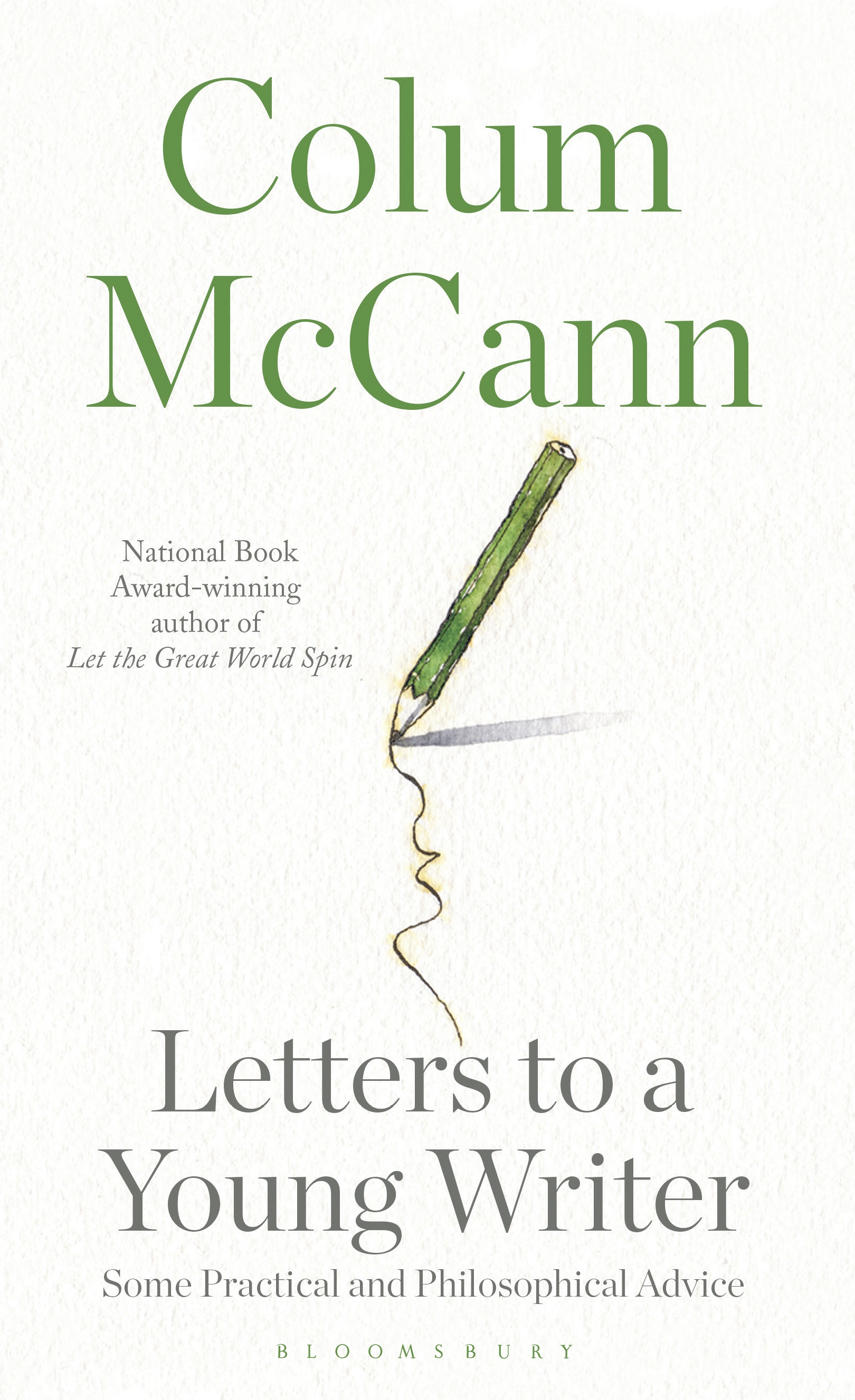One of modern literature's most acclaimed authors, Colum McCann, on how to get an agent, an excerpt taken from Letters To A Young Writer: Some Practical and Philosophical Advice.

If I had a dollar for every time I've been asked how to get an agent, I wouldn't have to have an agent. Do you need an agent? Yes, yes, and (most of the time) yes. Finding one isn't all that difficult, but finding the right one can change your life.
First of all, find a writer whose work you admire. A younger one, preferably. Someone who is already represented by an agency, but is on the cusp of making an even greater success of their career. Find out who their agent is. It’s easily done—it’s the magic of Google, or the acknowledgements page, or trawling through a few website interviews. Then write the agent a letter or an email. Be quick and expansive. Tell them you like their stable of writers and one in particular who seems to open up the airways of literature. Give them a little background, who you are, where you went to school, what you've already published. Ask if they’d like to read a few pages. Boast a little if you want. Strut your stuff. That’s all right. Agents are used to it. (Always tell them that you’re working on a novel . . . even if you’re not working on a novel yet.) Be smart, be confident, and always be brief.
If they write back—and don’t expect anybody to write back—please don’t celebrate yet. Call them, talk to them, visit them, check them out. Ask them questions. The most important thing you should know about an agent is that you employ them, they don’t employ you. Some of them may make you feel (especially at the beginning of your career) that they have you in a tight harness, but the truth of the matter is that freedom is feeling easy in the harness.
A good agent doesn't lay down the law. Rather, they allow the law to unfold. They make business decisions. They ease the tax implications. They chat with editors and publishers and reporters. They forward invitations. They cull some of the loony tunes who might want to get in touch with you. They get you gigs. They talk you up. Yes, they can change your life instantly. And, yes, they can show you the money. But essentially you are your own agent, because the only thing it comes down to is the language on the page.
You should be the governor of your own writing. Don’t change your words to suit an agent unless you know—deep in your heart’s core—that the agent is correct. Even then you must make sure that you are not compromising yourself. This is your work, after all. Agents become agents because they want things to sell, not necessarily to sing (although a great agent will sell and sing simultaneously).
Listen to the agent, but be the agent of your own agency. This takes deep intuition. And a bit of style. And a good dose of humility.
Don’t forget that you will be paying your agent anywhere up to twenty percent of your money, so a good agent will get you at least twenty-five percent more than you even imagined. Pay this willingly. Don’t question their expense sheet. Don’t second-guess them. Don’t whine or whisper. Your agent should be on your side. If he is not, then remember that you are his employer and fire him. Excuse me? Fire him, I said, fire him. (But not until you’ve found another agent.) Remember that this is your work. You go to the coalface every day. You know what it takes to lift that bucket of words up from the well. Be true to this instinct. You know where true value lies. Your words should jangle, not just your pocket. Now, go write.
Colum McCann, originally from Dublin, Ireland, is the author of six novels and two collections of stories. His most recent novel, the New York Times bestseller Let The Great World Spin, won the National Book Award, the International IMPAC Dublin Literary Award and several other major international awards. His fiction has been published in thirty-five languages. He lives in New York.

Comments